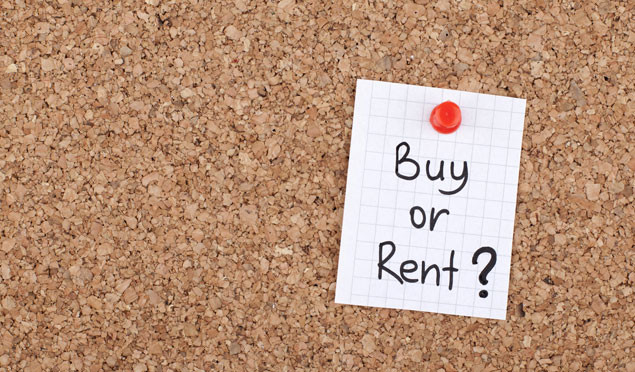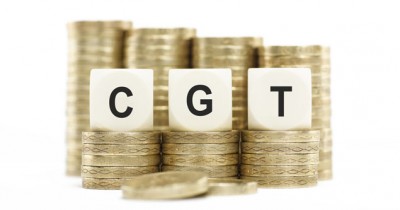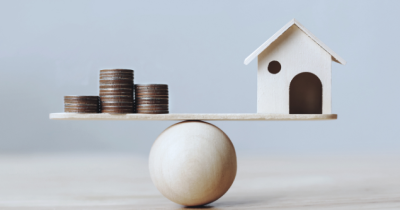A complex decision: buy or rent?

Last updated on 13th December, 2017 at 10:22 am
Much of it comes down to what you want in life. Renting may seem a good choice in the short term, but your own home may bring satisfaction and security.
The choice between renting and buying a property is more complex than it seems at first glance. Both options have pros and cons, and such a decision has a lot to do with your financial status. For younger people who are just starting out, it is often a matter of affordability. For them, renting is usually cheaper than bond instalments.
Renting
There are a number of risks associated to renting a property:
- It is not definite and you may be forced to move when your lease expires.
- The property is never yours, and making changes means leaving anything that is regarded as a fixture behind when you move.
- Rentals increase annually.
- Over a term of 20 or 25 years, renting becomes more expensive than buying. Renting a R1-million property at R6 500 per month over 25 years, with an average annual rental increase of say 7%, would cost just under R5-million. That’s much more than the total cost of buying it in the first place (total cost includes buying price, transfers fees and interest). There are also positives, such as flexibility, relative freedom to move to another location, and no concerns about maintenance. If you can afford more than the rental you pay, the extra funds can be invested to build up a deposit, should you want to buy a property in the future.
Buying
For homeowners, there are also risks involved:
- The first couple of years are financially tough as a result of the huge bond debt owed to the lending institution.
- There could be initial extra costs involved such as bond registration fees, transfer costs and a deposit.
- You will also have rates, water bills and electricity – and all the costs associated with maintaining your property. You are lucky if you do not have to call a plumber, electrician or similar tradesman out at least once a year.
- Interest rate hikes may see your bond instalments increase (or decrease) more than once a year.
On the positive side, as long as you make sure you can afford the instalments, your own home brings a measure of stability to your life. Buying a property means that eventually you will have a tangible asset, which becomes yours as soon as the bond is paid off. Monthly instalments become something of the past, and your asset may increase in value and can be used as collateral for other debt or to buy another residence to let or use as a holiday home.
By Helen Ueckermann
Want to learn more?
We send out regular emails packed with useful advice, ideas and tips on everything from saving and investing to budgeting and tax. If you're a Sanlam Reality member and not receiving these emails, update your contact details now.
Update Now







